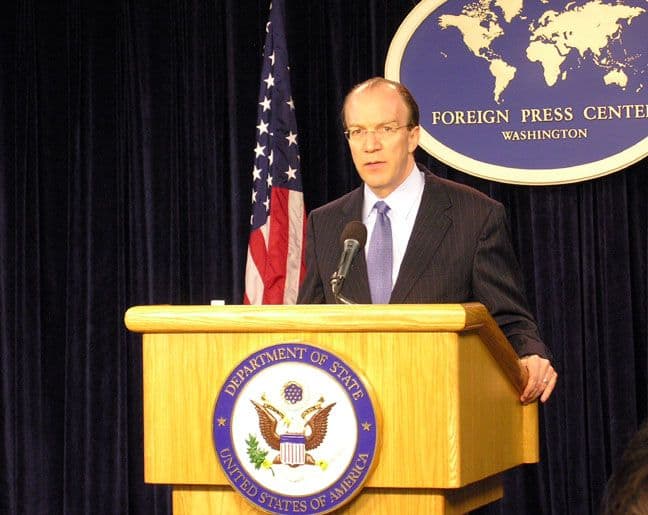
This morning Health and Human Services Commission Inspector General Stuart Bowen Jr. issued his latest quarterly report on OIG activities and results. Bowen has ushered in a new era of transparency and accountability for the agency and these reports provide a tremendous insight into what changes have been made and how the agency operates.
A copy of the report can be downloaded here.
Reporting realistic monies collected and identified
The agency continues to report realistic numbers for both monies recovered and monies identified to be recovered – $22,349,987 and $12,417,784.
These are not the pie-in-the-sky numbers that former HHSC chief counsel Jack Stick and former IG Doug Wilson used to throw at the legislature back in 2013, like several hundred million dollars identified in dental Medicaid fraud alone.
Continues outreach to dental providers
IG Bowen has continued the agency’s outreach to dental Medicaid providers in the Rio Grande Valley. This quarter “investigative leaders in the Pharr office presented a training session to more than 100 providers in the Valley entitled “Dental 101,” hosted by the South Texas Dental Society. This event stemmed from an oversight strategy meeting the Inspector General had in the Valley with local dental leadership.”
Making progress implementing SB 207
In relation to allegations of Medicaid fraud and “credible allegations of fraud” payment holds, the report shows progress on implementing legislative changes mandated by SB207.
The definition of “fraud” now excludes unintentional technical, clerical, or administrative errors.
TAC citation: TAC § 371.1607(28) Effective: October 1, 2015
IG can impose payment holds only to compel production of records, when requested by MFCU or when a credible allegation of fraud exists. Prior authorized claims cannot be placed on hold unless IG has evidence of a material misrepresentation by a provider relating to those services.
TAC citation: 1 TAC § 371.1709 Effective: October 1, 2015
In overpayment notices from fraud or abuse investigations, providers are entitled to information relating to extrapolation and the methods used to determine the overpayment in sufficient detail so that the extrapolation results may be demonstrated to be statistically valid and are fully reproducible.
TAC citation: 1 TAC § 371.1711 Effective: October 1, 2015
MCOs must refer potential overpayments where the amount exceeds $100,000, and IG must conduct a preliminary investigation.
TAC citation: 1 TAC § 371.1311 Effective: Currently proposed in Texas Register. Anticipated effective date May 14, 2016.
IG must consider specific criteria, including aggravating and mitigating factors, when determining the type of sanction or penalty that should be assessed in a given case.
TAC citations: 1 TAC § 371.1603; 1 TAC § 371.1715 Effective: Currently proposed in Texas Register. Anticipated effective date May 14, 2016.
IG must consider specific types of criminal conduct based on the provider type, when determining whether to enroll a provider. If a provider is licensed by a board, IG guidelines can’t be stricter than standards to be licensed.
TAC citation: 1 TAC § 371.1011 Effective: Approved by Medical Care Advisory Committee on February 18, 2016. Scheduled for HHSC Council on February 25, 2016. Anticipated effective date August 21, 2016
Medicaid providers who self-report open the door to further investigation
At almost the end of the report, in the section on Investigations and the activities of the Inspections Division, it states the following:
Provider self-report inspections progressing
Inspections collaborates with the Chief Counsel Division to review, where appropriate, provider self-report settlements and determine if the reports include all potential Medicaid overpayments. Each review team will include Inspections healthcare professionals and involves visits onsite.
So apparently Medicaid providers who find they have errored and decide to be upfront and file a self-report and repay any overpayment are opening the door to an immediate investigation. Honesty apparently doesn’t get rewarded or thanked.
Undoubtedly, such a response by OIG when it becomes broadly known will cause providers to think twice before self-reporting. It will, unfortunately, deter some of them from doing so as they will be unsure what door is being opened up.
Medicaid providers SHOULD STILL self-report but ensure that they have reviewed everything and be prepared for the consequences of doing so.
“Crooks don’t self-report”
The IG should rethink this strategy as “crooks don’t self-report.” It should be made easier for providers to come forth with their errors and possible overpayments.
It would save his agency a lot of time and effort if they did so.

